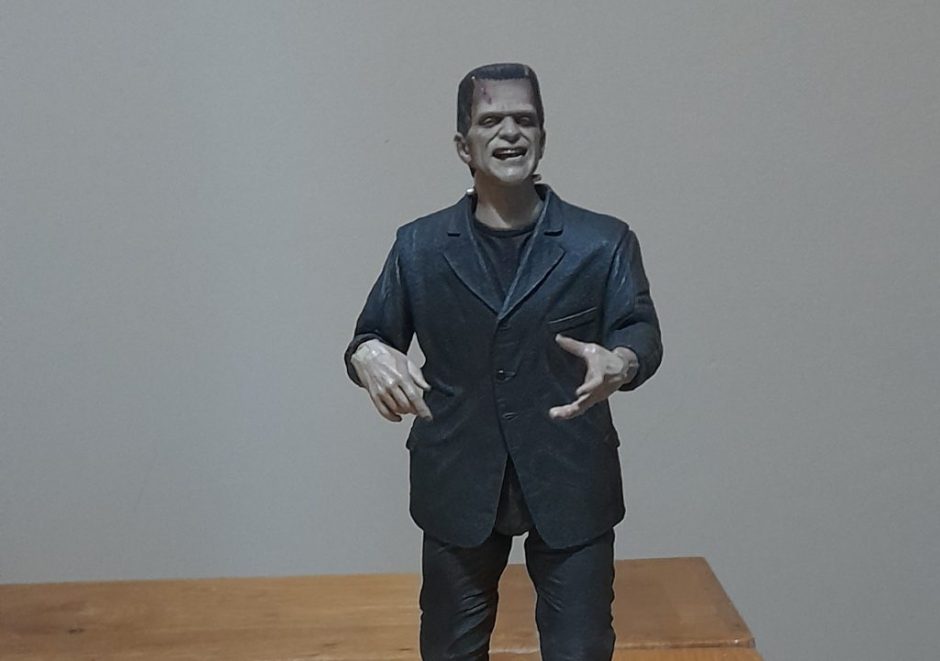2nd Reflection: Decolonising the curriculum
Ireland is Britain’s first colony (Miller, 2014, pp.6). However, Ireland’s status as a colony is debated in academic and historical retellings of the history of the island. Ruane (1992), cited in Miller suggests that economists, sociologists and anthropologists have tended not to analyse the political, economic and cultural development of Ireland in colonial terms. Miller and other contributors in the book he edited argue that this has led to a lack of understanding of deep-seated issues that affect Ireland and the conflicts endured over the centuries (2014).
The country experienced years of occupation and even now is divided with 6 counties, ‘Ulster’ still part of the UK. I have put Ulster in inverted comas because the actual province of Ulster has 9 counties but lost 3 due to gerrymandering when the south of Ireland gained independence in 1921. Since then, Northern Ireland has been in a state of flux affecting political, economic and social development and creating a culture of violence and divide and rule. An uneasy peace was declared in 1998 under The Good Friday Agreement.
As a woman hailing from Northern Ireland, who came to London in the 1980s, I was very surprised that when I spoke to people who were overtly political and interested in civil and human rights issues at home and abroad, the situation in Northern Ireland, was little understood. I concluded that our ‘Troubles’ were just too close to home. Civil rights movements in other parts of the world were given more purchase. Sympathy with causes ebbs and flows and the narratives change all the time whether told by academics or the media. One thing that does not change is that the dominant version is the version controlled by the people with power.
The decolonising agenda seeks to up end this tradition which is why I chose the Decolonising the library article from the reading list. The paper calls for the need to deconstruct and critique existing collections held in libraries and achieves and invites us to question certain premises. Who is telling the story? Who owns the knowledge. Who are the gatekeepers? And who is accepted into the canon?
Since Rhodes Must Fall campaign in 2015 there have been repeated calls for a systemic change to how perceived knowledge and academic ‘truths’ are produced, stored and distributed. This paper, as the title suggests is focused on documents held in libraries and archives. Libraries are not neutral. It is a call for Action not Reform and the ‘objectivity’ of past research methodology is called into question. The current focus on inclusion and diversity are not enough. Existing knowledge is ‘coded’. There needs to be epistemic pluriversity’ (Mignolo, 2013b; Mbembe, 2016, cited in (Crilly, 2019, pp.4). Libraries can be sites of resistance and change but change needs to be radical not reformist. (Crilly, 2019)
References
Crilly, J. (2019) Decolonising the library: a theoretical exploration
Vol 4 / Issue 1 (2019) pp.6-15 Spark: UAL Creative Teaching and Learning Journal (accessed 2nd February 2025)
Miller, D. (2014) (Editor) Rethinking Northern Ireland Culture, Ideology & Colonialism. 2nd edn. London: Routledge
